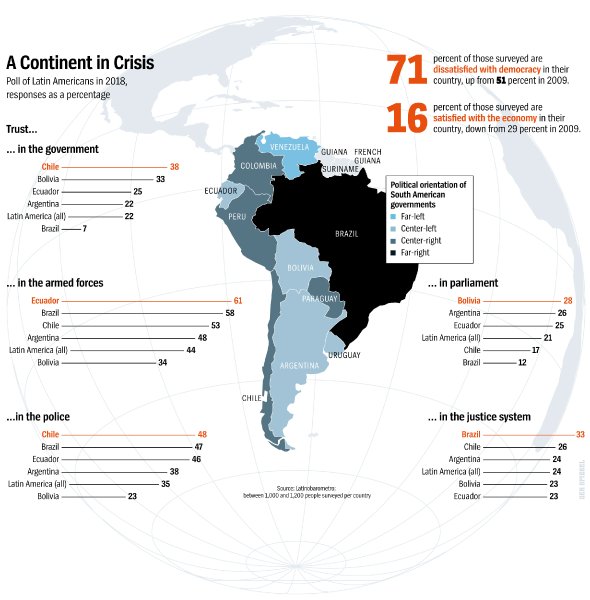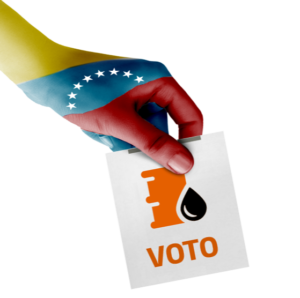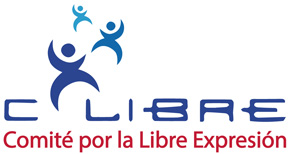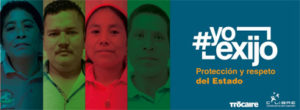
Credit: Der Spiegel
Violent protests in Latin America have resulted in destroyed property, thousands of arrests and dozens of deaths. Observers, including scholars of the region, are surprised by the recent turmoil in Peru, Ecuador, Bolivia, Colombia and especially in Chile. Nobody saw it coming, notes Dinorah Azpuru, a professor of political science and international relations at Wichita State University in Kansas.
Are these protests a form of temporary social agitation, or a sign that democracy is in trouble in Latin America? she asks for the Washington Post’s Monkey Cage:
My research, based on survey data from 2019, shows that in the countries that have had the most serious turmoil in recent weeks, citizens display moderate levels of support for democracy — and high levels of dissatisfaction with its performance. Further, in those countries, the public has only meager trust in important democratic institutions, especially political parties….…While corruption has bedeviled Latin America since the countries became democracies, recent huge corruption scandals have rocked the region. Citizens who perceive that public officials are widely corrupt are less likely to support democracy — and in 2019, a whopping 70 percent of Latin Americans believe corruption to be widespread.

AmericasBarometer
Public discontent goes beyond any individual incumbent; citizens seem to be unhappy with democracy itself and with its essential institutions. Azpuru adds. While that discontent may not be dramatic just now, it’s difficult to predict what will happen if trust continues to erode. RTWT
A recently published AmericasBarometer report (above) found that citizens’ support for and satisfaction with democracy has been in decline since 2014.
In January, the Trump administration predicted Venezuelan President Nicolás Maduro’s imminent downfall as he wrestled with an energized opposition, debilitating U.S. oil sanctions and international isolation after dozens of nations proclaimed his leadership illegitimate, Ryan Dube writes for the Wall Street Journal:
Today, Mr. Maduro appears in firm control. The opposition is grappling with a corruption scandal and its efforts to rekindle street protests have fallen flat. Venezuela’s crisis-racked economy is showing subtle signs of improvement. And governments across Latin America are facing their own political turmoil, distracting from once-burgeoning international efforts to remove the Venezuelan strongman from power.
 “Maduro is probably feeling better about himself right now than he has in the last several years,” said Fernando Cutz, a former official of the U.S. National Security Council who worked on policy toward Venezuela. “I am less optimistic right now than I have been in the last three years. I don’t see any reason to forecast that 2020 will bring positive change for the people of Venezuela.”
“Maduro is probably feeling better about himself right now than he has in the last several years,” said Fernando Cutz, a former official of the U.S. National Security Council who worked on policy toward Venezuela. “I am less optimistic right now than I have been in the last three years. I don’t see any reason to forecast that 2020 will bring positive change for the people of Venezuela.”
But Elliott Abrams, the top U.S. envoy to Venezuela, said it was “flatly wrong” that the situation was improving for Mr. Maduro or that the opposition was losing momentum, the WSJ’s Dube adds. Mr. Abrams pointed to this year’s overall decline in oil production, the continuing humanitarian crisis and recent antigovernment protests. He noted that Western Hemisphere countries recently agreed on sanctions against Venezuelan officials to increase pressure on Mr. Maduro.
 The Inter-American Dialogue hosts a discussion on the upheavals in Chile and Bolivia, featuring Roberto Laserna, president of the Fundacion Milenio [above, a partner of the National Endowment for Democracy]; Fernando Molina, a contributor for El Pais; Lucia Dammert, associate professor at the University of Santiago, Chile; and Michael Shifter, IAD president. 9:30 a.m. : December 10, 2019. Venue: IAD, 1155 15th Street NW, Suite 800, Washington, D.C. RSVP
The Inter-American Dialogue hosts a discussion on the upheavals in Chile and Bolivia, featuring Roberto Laserna, president of the Fundacion Milenio [above, a partner of the National Endowment for Democracy]; Fernando Molina, a contributor for El Pais; Lucia Dammert, associate professor at the University of Santiago, Chile; and Michael Shifter, IAD president. 9:30 a.m. : December 10, 2019. Venue: IAD, 1155 15th Street NW, Suite 800, Washington, D.C. RSVP
 On January 19, 2020, the mandate for the Organization of American States (OAS) Mission to Support the Fight against Corruption and Impunity in Honduras (MACCIH), which aims to “improv[e] the quality of services delivered by the justice system of Honduras in the prevention and fight against corruption and impunity,” will expire. A decision to extend the mandate is in the hands of the government of Honduras led by President Juan Orlando Hernández, the Tom Lantos Human Rights Commission adds:
On January 19, 2020, the mandate for the Organization of American States (OAS) Mission to Support the Fight against Corruption and Impunity in Honduras (MACCIH), which aims to “improv[e] the quality of services delivered by the justice system of Honduras in the prevention and fight against corruption and impunity,” will expire. A decision to extend the mandate is in the hands of the government of Honduras led by President Juan Orlando Hernández, the Tom Lantos Human Rights Commission adds:
Last October 18, Tony Hernández, the president’s brother, was convicted by a Manhattan federal court of helping to import 200,000 kilos of cocaine into the United States and related charges. On September 8, Garifuna community leader Mirna Teresa Suazo Martínez was shot to death, the fourth Garifuna woman to be murdered in September and one of 17 Garifuna people killed this year alone. On November 27, television host José Arita was killed, the fourth killing of a journalist this year according to the Inter-American Press Association. Although formally a democracy, Freedom House rates Honduras as only partly free, and the country ranks 146 out of 180 on the World Press Freedom Index. ….

Comité por la Libre Expresión (Committee for Free Expression), C-Libre
Please join the Tom Lantos Human Rights Commission for a hearing on human rights and corruption in Honduras. Witnesses will examine the overall human rights situation in Honduras, including the causes of rights abuses and the relationship between human rights violations and corruption, and will offer recommendations for congressional action.
Panel I
- Lisa Haugaard, Executive Director, Latin America Working Group Education Fund
- Eric L. Olson, Director of Policy, Seattle International Foundation
- Edy Tábora, Director, Comité por la Libre Expresión (Committee for Free Expression), C-Libre (above).
- Deborah Ullmer, Director for Latin America and the Caribbean, Freedom House.
Human Rights and Corruption in Honduras
Wednesday, December 11, 2019. 2:00 – 4:00 p.m. 2255 Rayburn House Office Building, Capitol Hill, Washington, DC. RSVP







